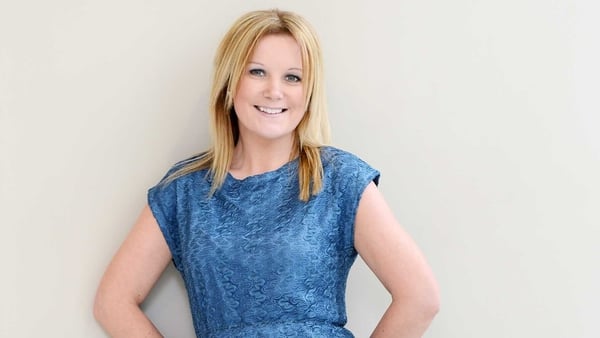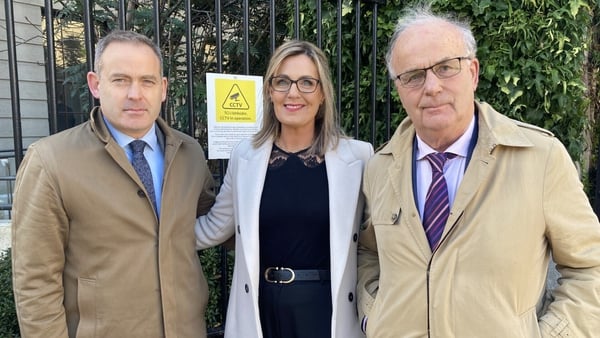Workers who lose their jobs will get pay-related benefits for up to nine months after they become unemployed, under a plan being brought to the Cabinet tomorrow.
Minister for Social Protection Heather Humphreys is proposing enhanced payments on a tapered basis.
"We have one flat rate at the minute of €220, what I'm proposing is if you found yourself unemployed that you would get a payment that is commensurate with the length of time you have been working," she said.
Ms Humphreys said there have been a number of redundancies lately where workers have been on salaries of €800 or €900 a week and then find themselves on €220.
She said what she is proposing is a "fairer system where people who have paid all their life and worked all their lives, would get an enhanced benefit".
Ms Humphreys' said new legislation would be needed.
Laura Bambrick, Head of Social Policy and Employment Affairs at Irish Congress of Trade Unions, said the move would bring the Irish welfare system more in line with the rest of the EU.
Ireland is now only one of four countries that still has a flat rate for job seekers benefit.
Under the new proposals, job seekers who lose a job will get at least 60% of the previous income paid up to a cap of €450 for the first three months, 55% of previous earnings in the next three months with €375 the maximum being paid.
Those out of work for nine months will be paid at 50% of the previous earnings capped at €300.
Ms Bambrick said that 70% of all workers will be back in work within six months, while half are back at work within three months.
She said that recent regulation on sick pay sees that employers must pay their own employees 70% of take home pay up to €550.
She said that the issue is that this will not be the same for those who lose the job, adding that at a minimum, the higher rate should be for a minimum of six months.
"We would like to see that standardised across sick pay and the unemployment or job seekers benefit," she stated.
Separately, Ms Humphreys also said she will also bring forward the Social Welfare Bill to Cabinet tomorrow which will bring in the €12 increase to social welfare payments from 1 January.
She said she is also bringing forward legislation to provide a state pension for carers who have looked after loved ones for 20 years.
Ms Humphreys said it is particularly for mothers who found themselves forced out of work to care for a disabled child.





